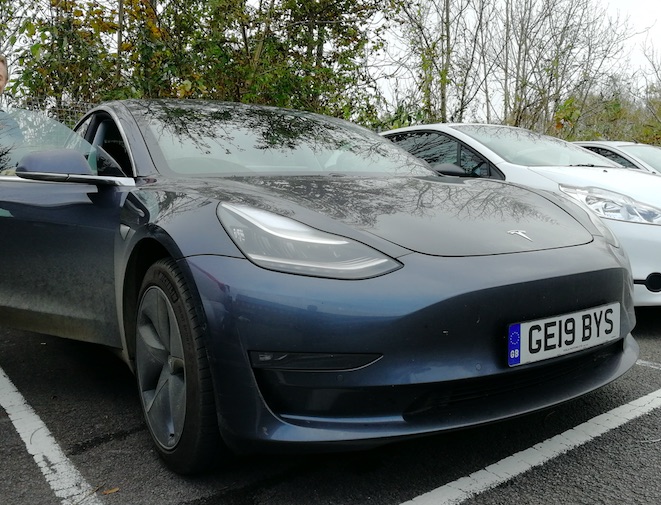Plenty of people are ready to dismiss new technology, and many more are fearful of change – even moreso if that change threatens their business, or their established way of doing things.
The shift to electric vehicles is no different. And, thanks to social media, plenty of people are ready to share their opinions and thoughts, even if they are not based on fact. The media loves a bad news story, too – so they’ll always pick on something that’s not mainstream, and look for problems, rather than focus on the positives.
So let’s start by asking – are EVs really environmentally friendly?
Those pushing the negative agenda will point to the use of mined raw materials to create EV batteries, declaring that such materials are extracted in parts of the world where workers are not treated well.

Proof? Not readily available, and subject to a couple of issues. First, responsible manufacturers can usually audit their supply chain, ensuring they trade only with responsible suppliers. Second, the use of rare raw materials in batteries is declining, as new technology focuses instead on battery technology that uses cheaper, more freely available raw materials. Third, consider what happens to depleted EV batteries, which have substantial value. New businesses are growing, and it is expected that over 90% of materials within an EV traction battery will be recycled, and reused.
On the flip side, what about the positives. First, EVs emit no harmful tailpipe emissions, meaning the air we breathe in our towns and cities is cleaner, and better for our health. And they use regenerative braking, which reduces the use of brakes, cutting the production of brake dust compared with traditional engine-powered cars, vans and trucks.
Next – aren’t EVs dangerous when they catch fire?
There have been several incidences where the media has blamed major fire incidents on electric vehicles. The most famous of these was a major fire at Luton airport in summer 2023, where a vehicle fire inside a multistorey car park led to a major incident, with dozens of vehicles destroyed. Ultimately, the car park structure was so badly damaged, it had to be demolished, costing millions and leading to months of disruption at the busy airport.
Plenty of rumours suggested an electric vehicle was responsible for starting the fire, or at the very least suggesting the battery in a plug-in hybrid car was the source. But, once the local fire authority had completed its investigation, it was able to firmly conclude that the vehicle responsible for starting the fire was a diesel powered SUV.
So to some facts. A series of independent studies, in different parts of the world, prove that electric cars are far safer. A Swedish study showed traditional vehicles are around 20 times more likely to catch fire, than an electric car. EV FireSafe, which is backed by Australia’s Department of Defence, reckons there have been less than 500 EV fires globally, out of 20 million electric vehicles on the road – that’s 80 times less likely to cause a fire than a diesel or petrol vehicle.
For part two of our mythbusting series, click here


